Teaching-manual
…
303 pages
1 file

Sign up for access to the world's latest research
AI-generated Abstract
This teaching manual aims to promote chess among young individuals in Canada, emphasizing its benefits in enhancing critical thinking, problem-solving skills, and self-esteem. It provides a structured approach for teachers, regardless of their chess proficiency, to guide students from basic concepts to advanced strategies in chess gameplay.
Figures (492)



















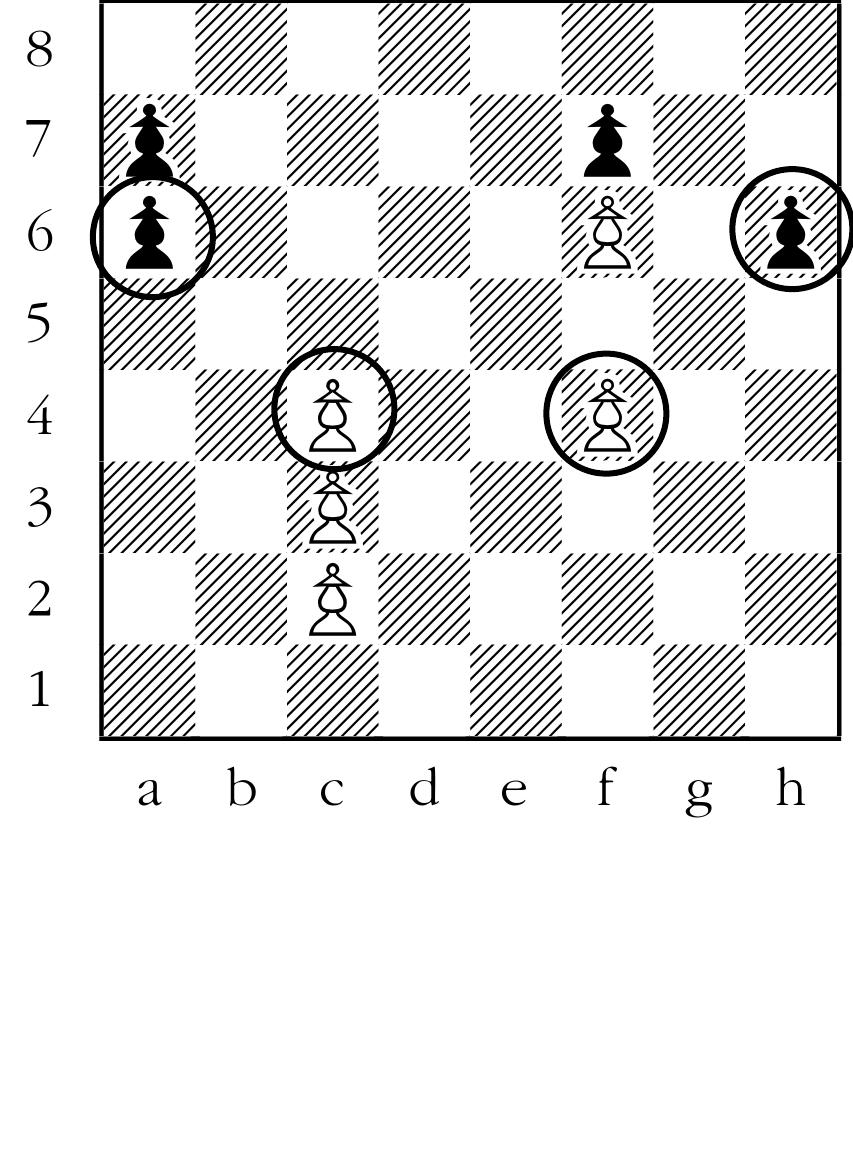


































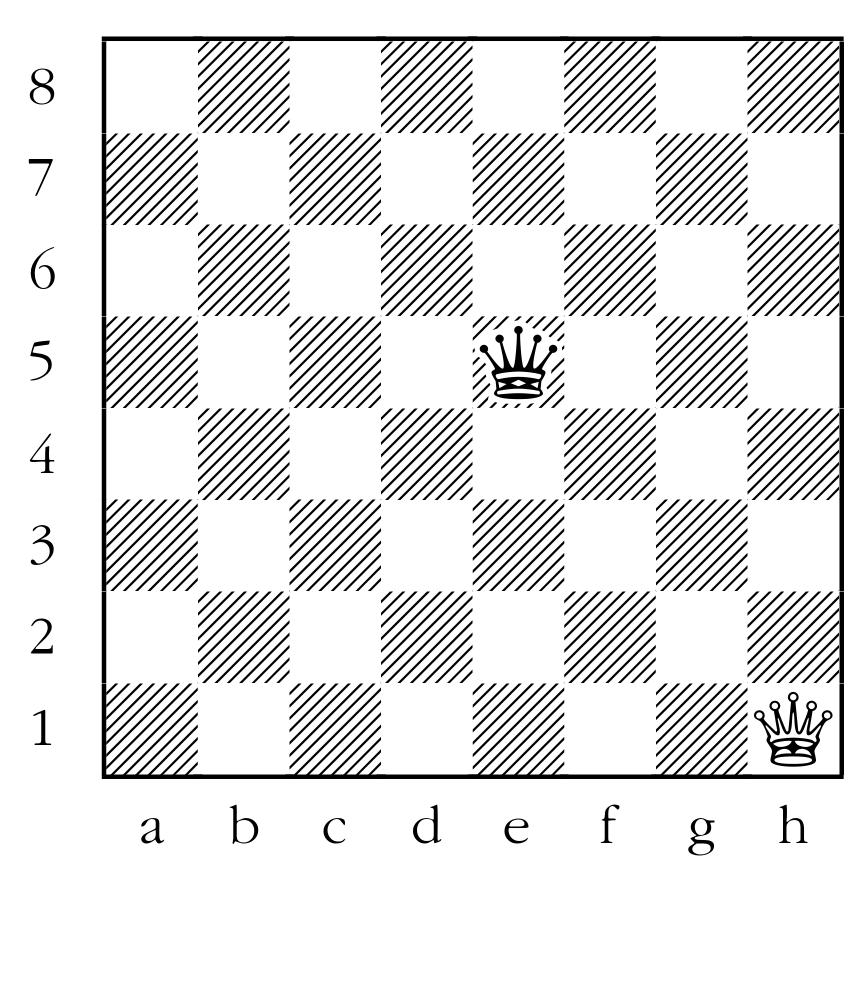












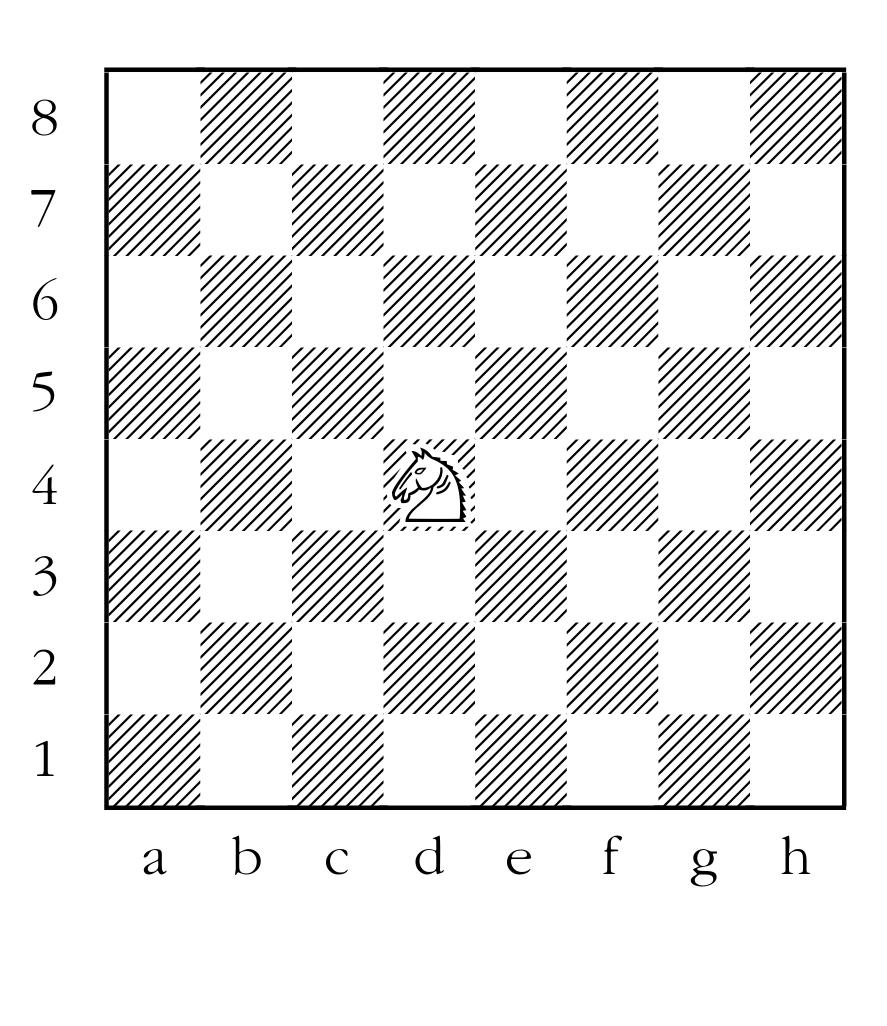
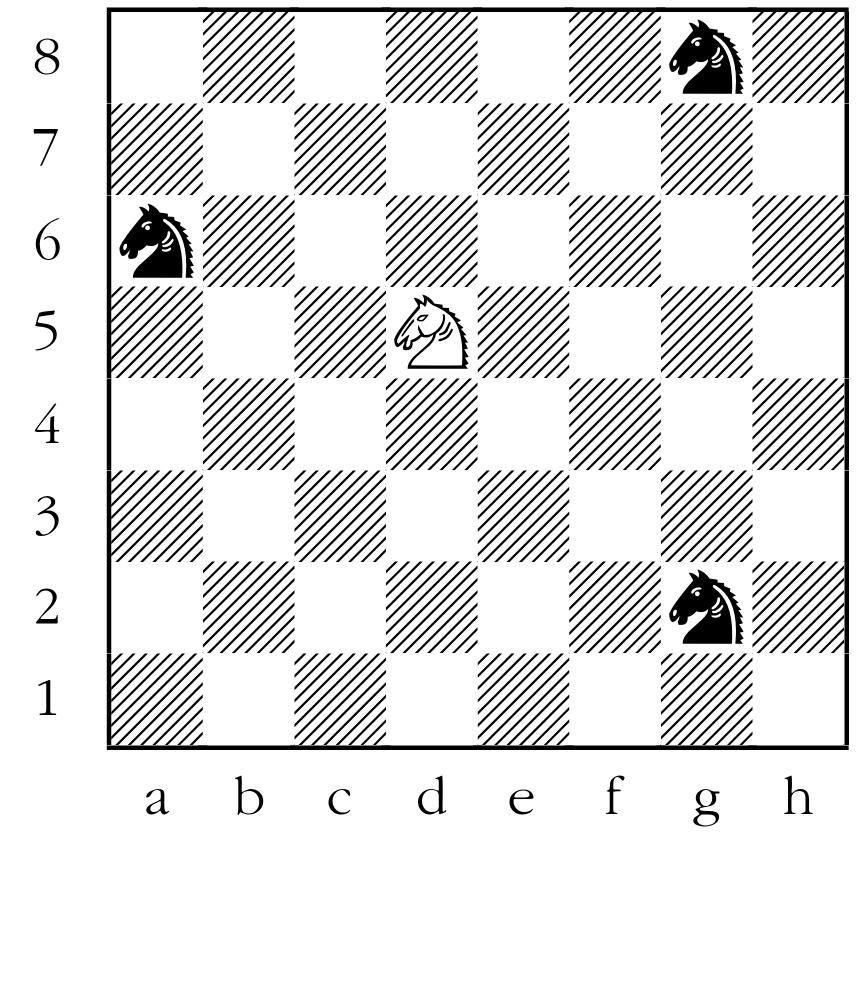

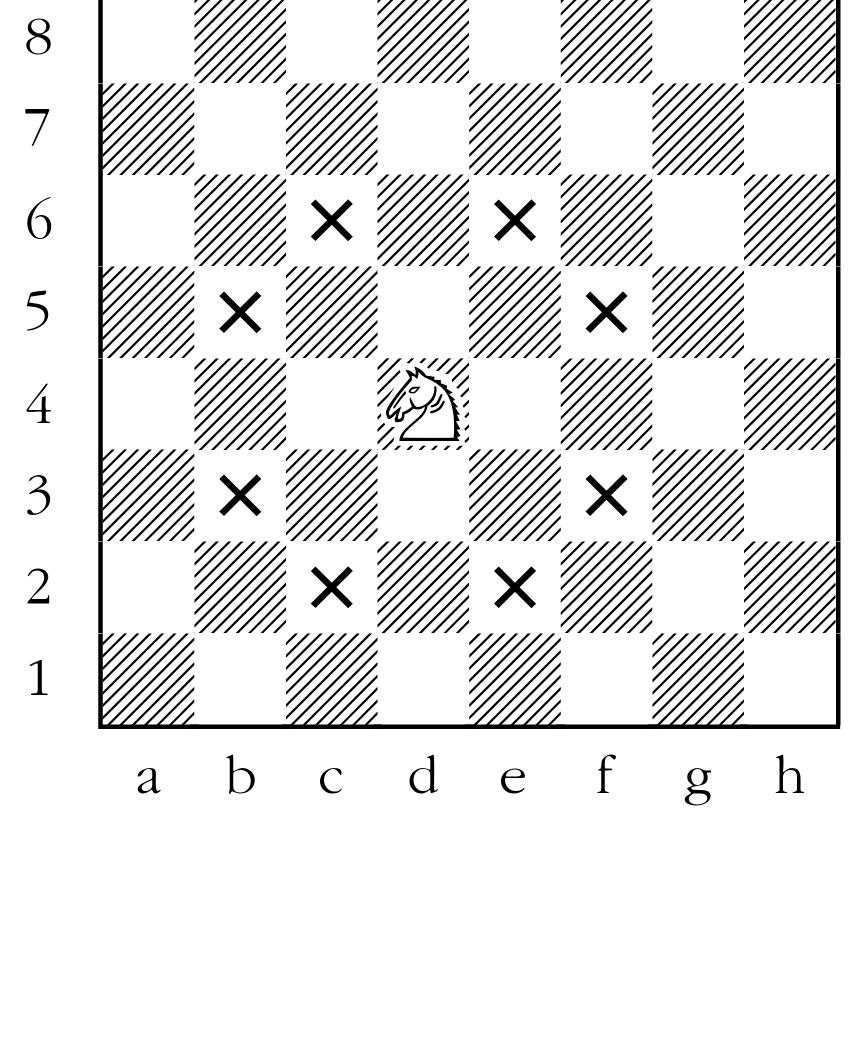






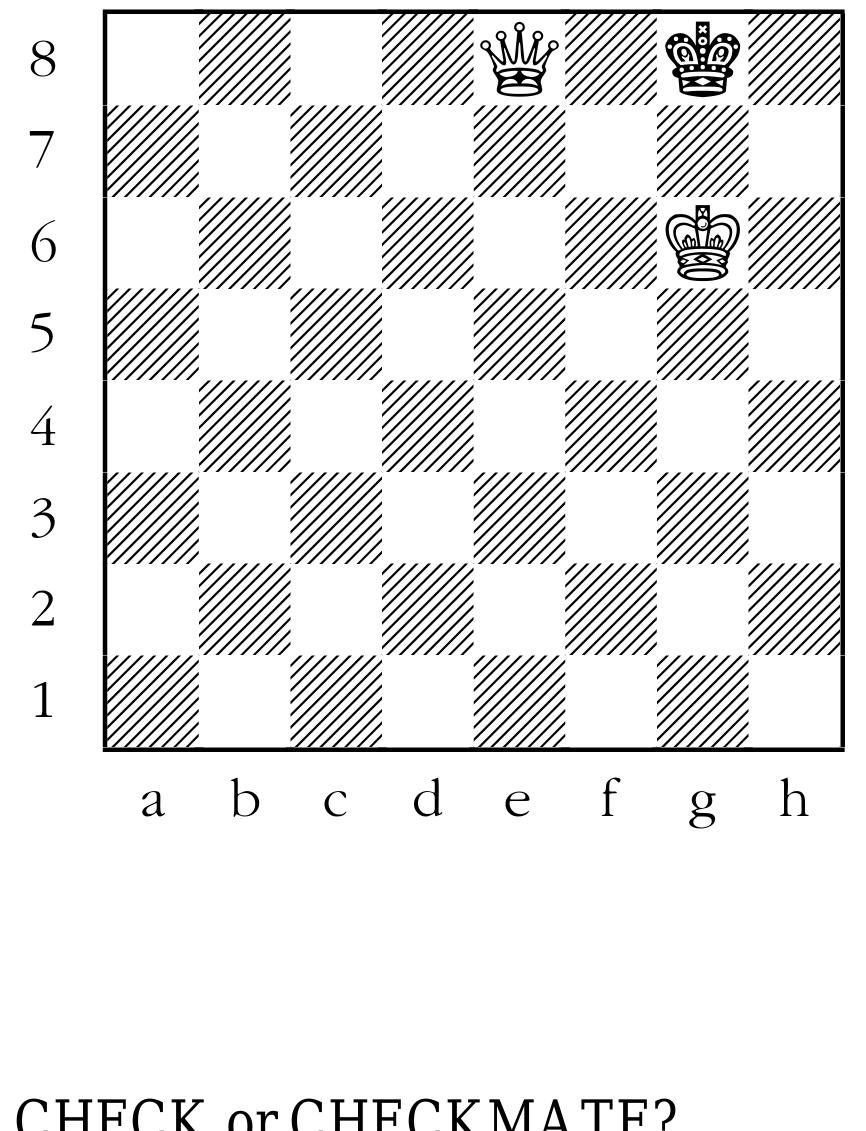







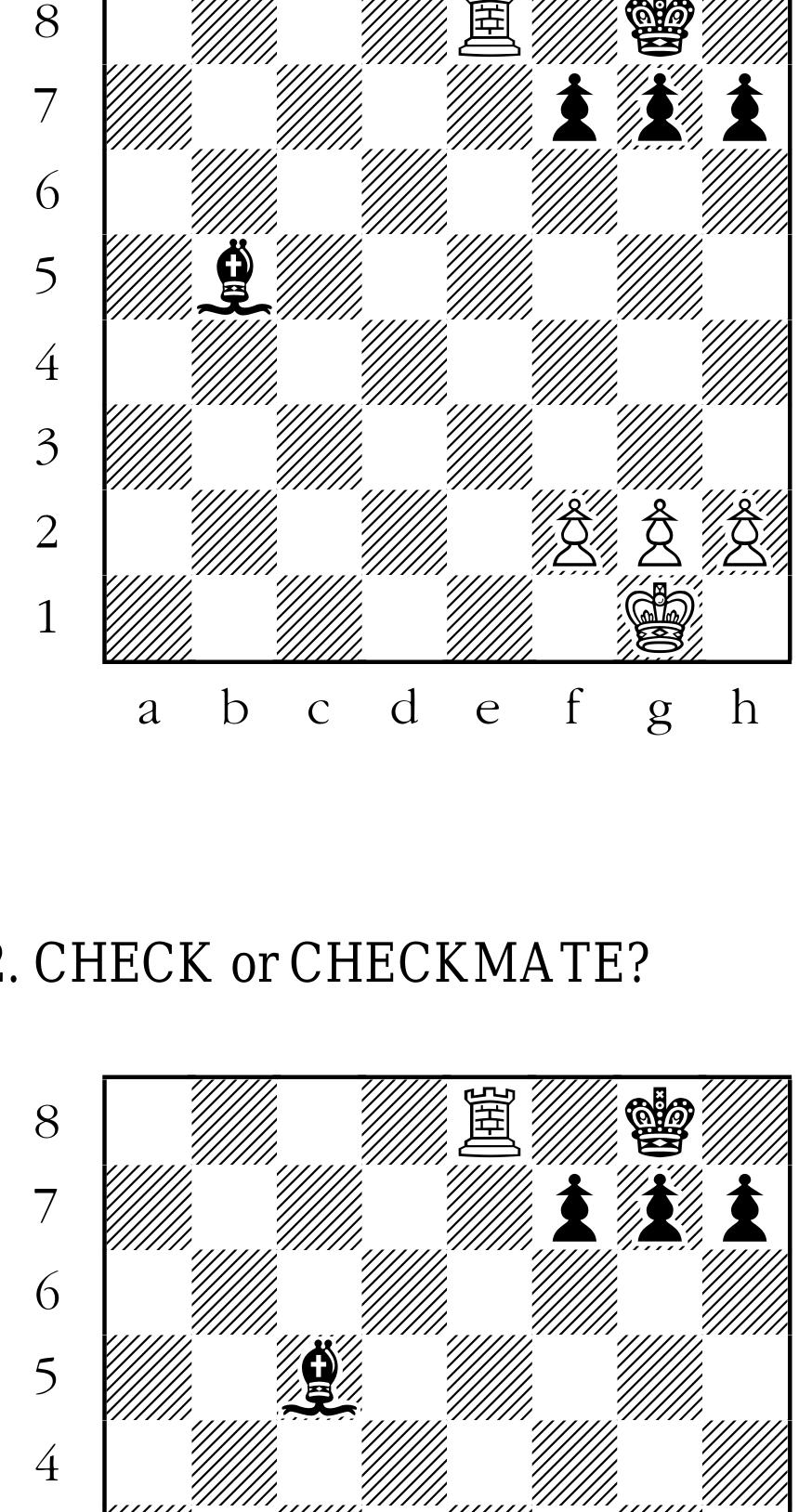














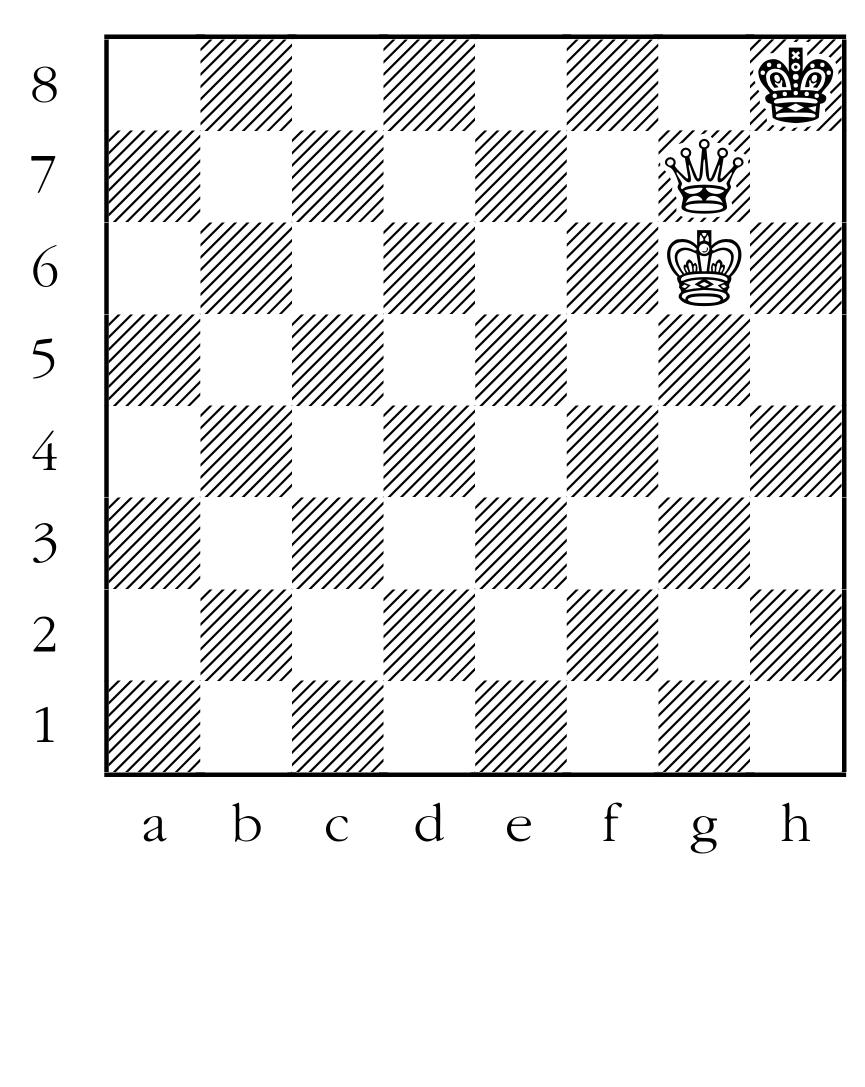


















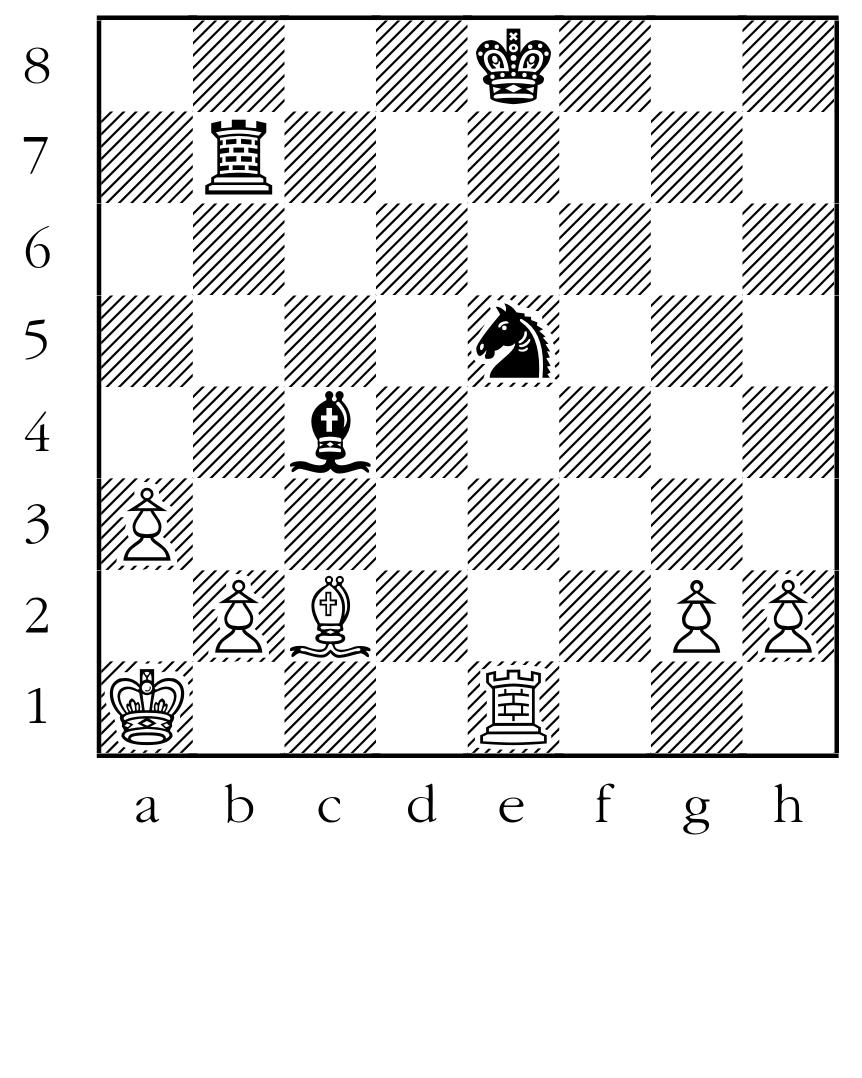





























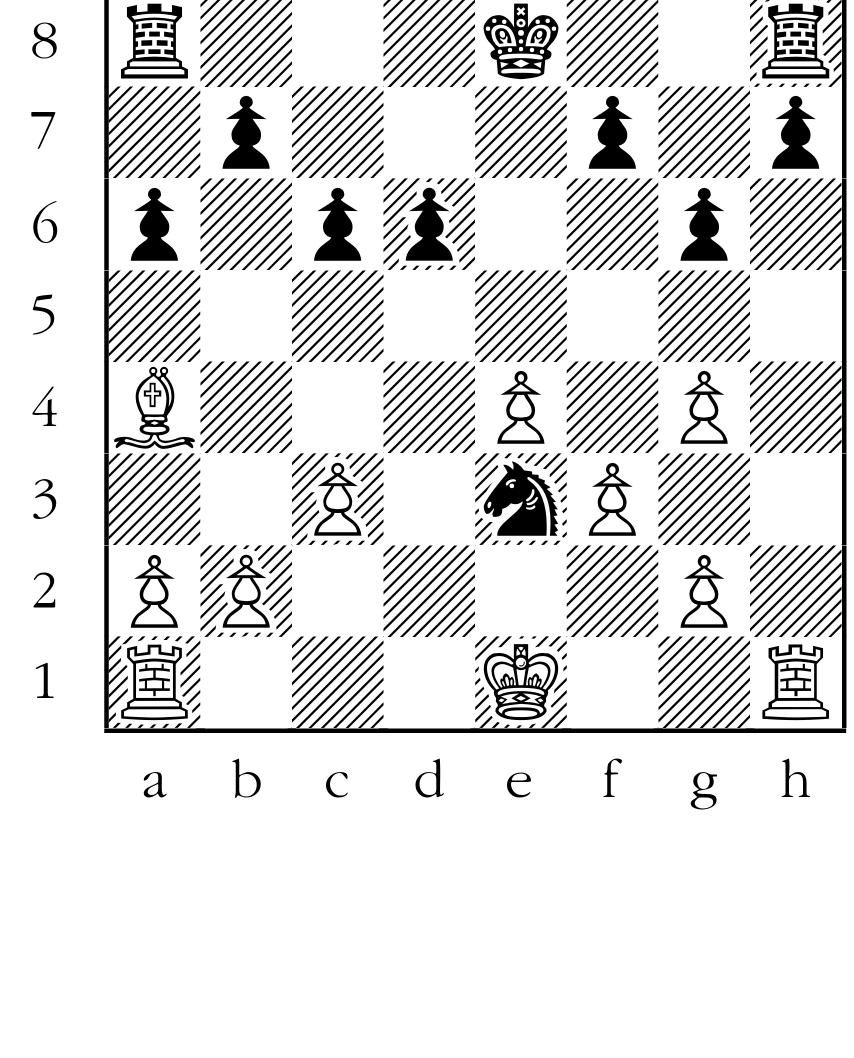













































































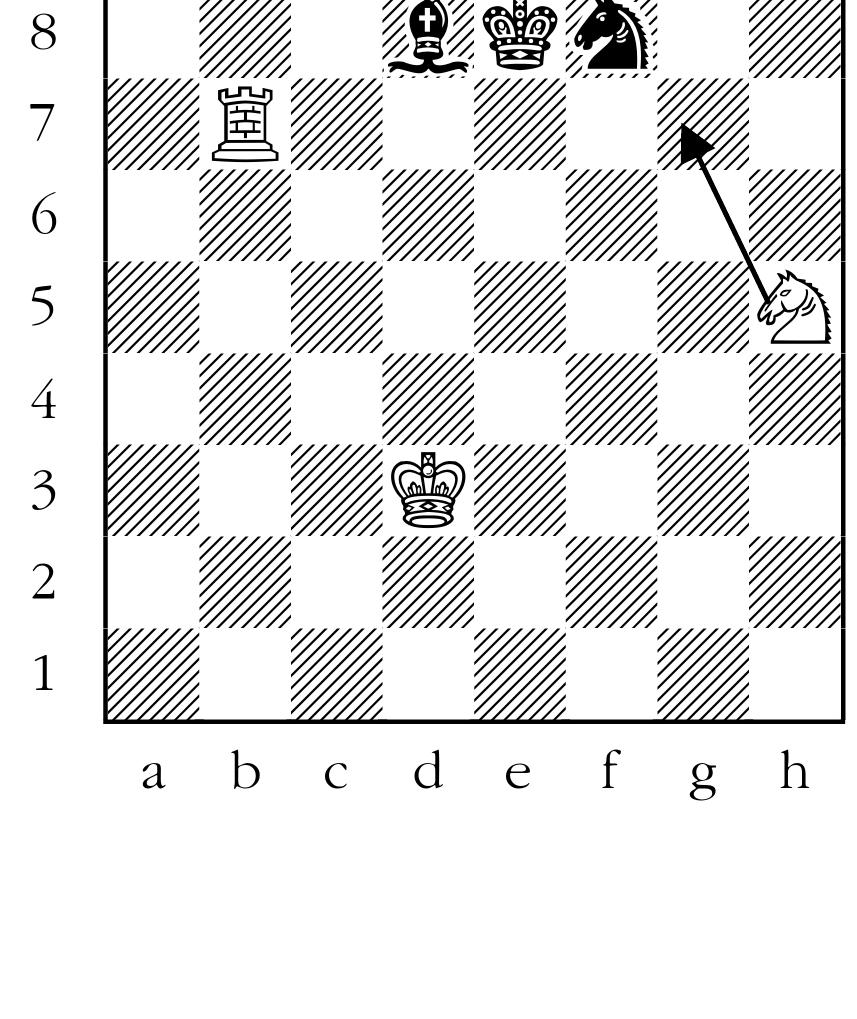


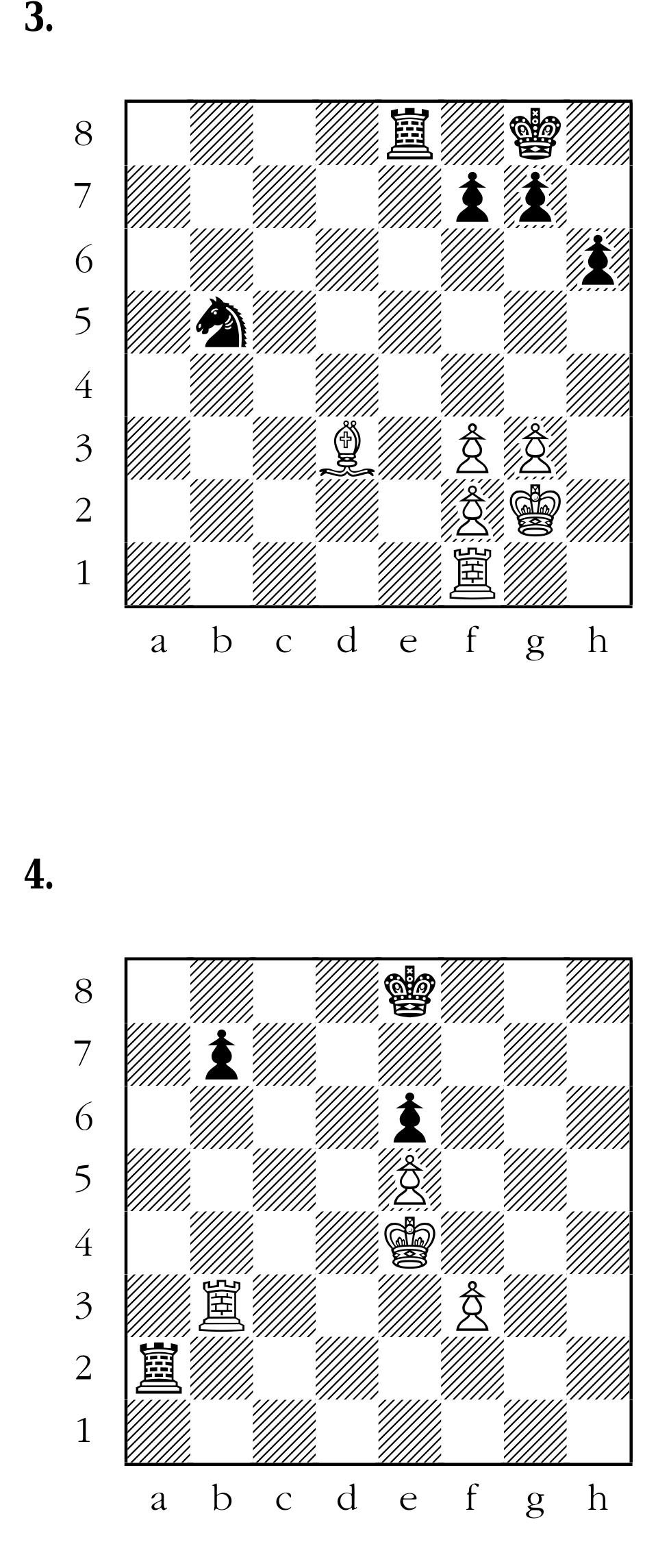












































































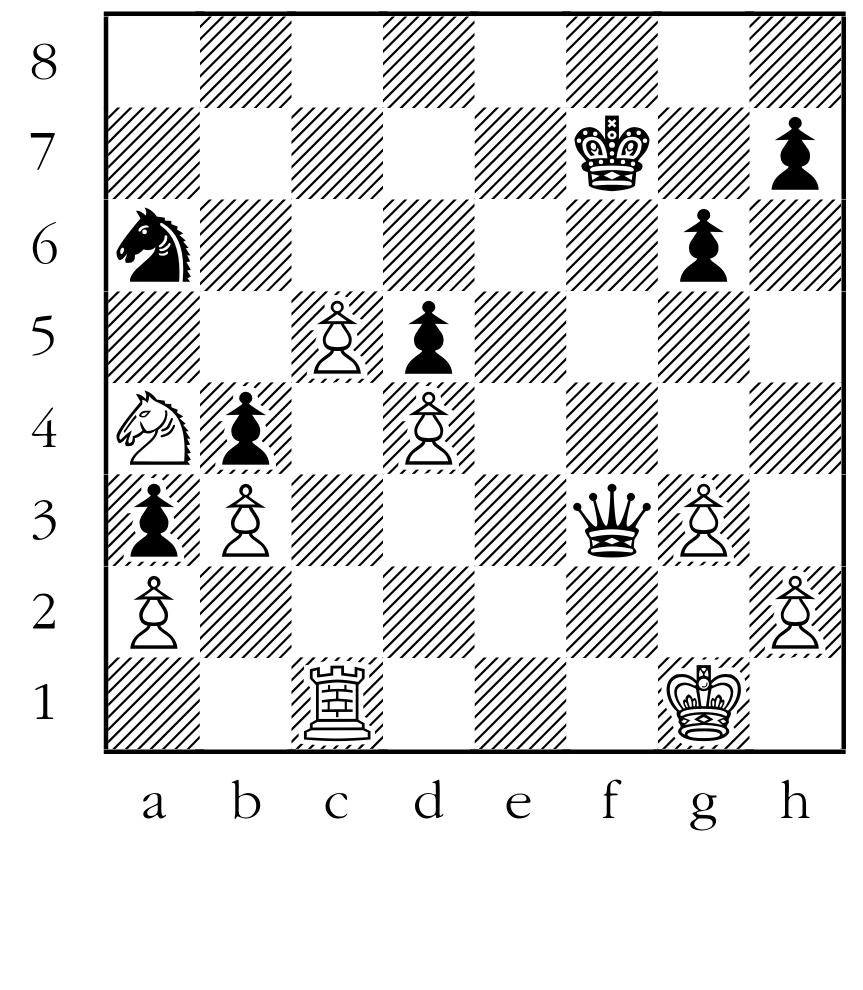











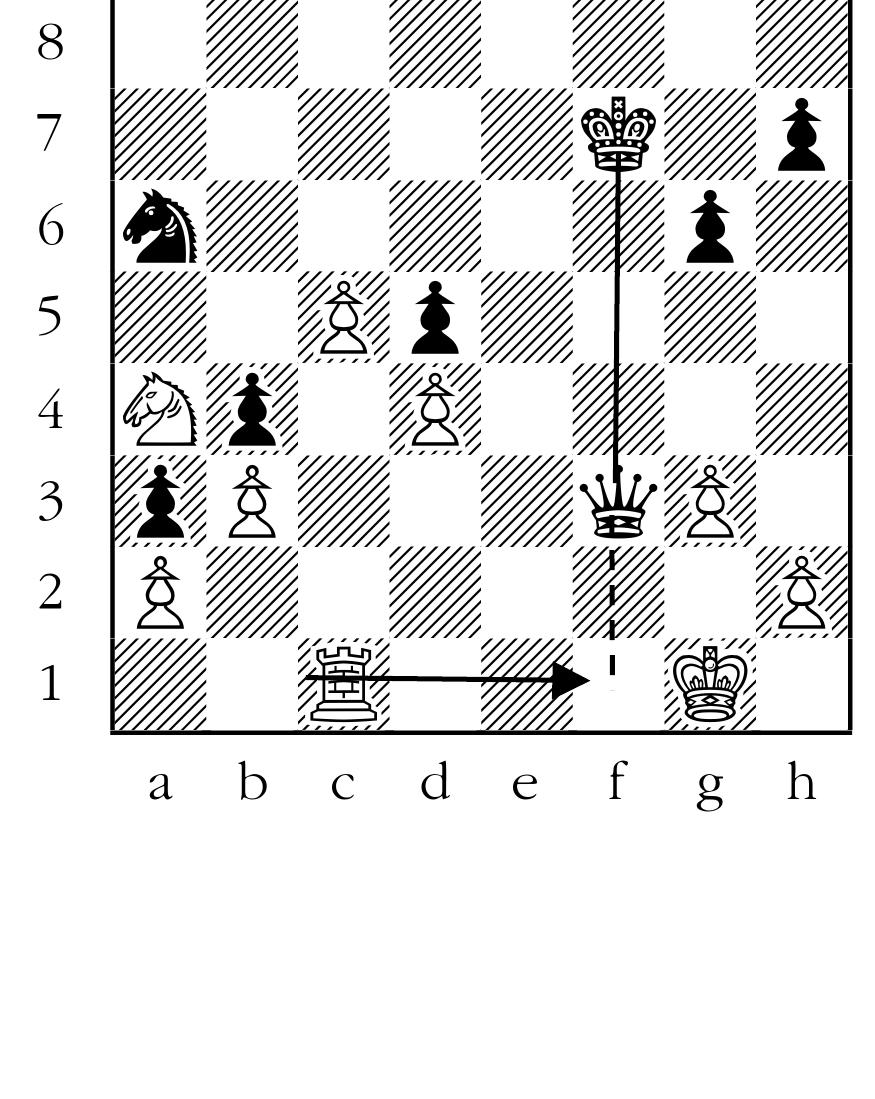


















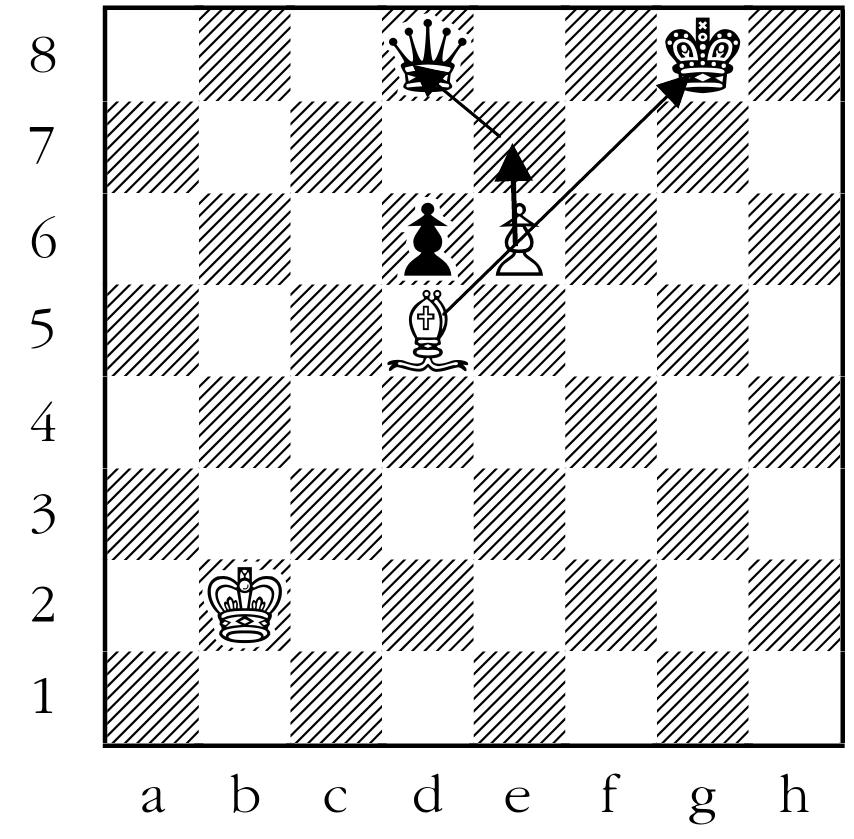





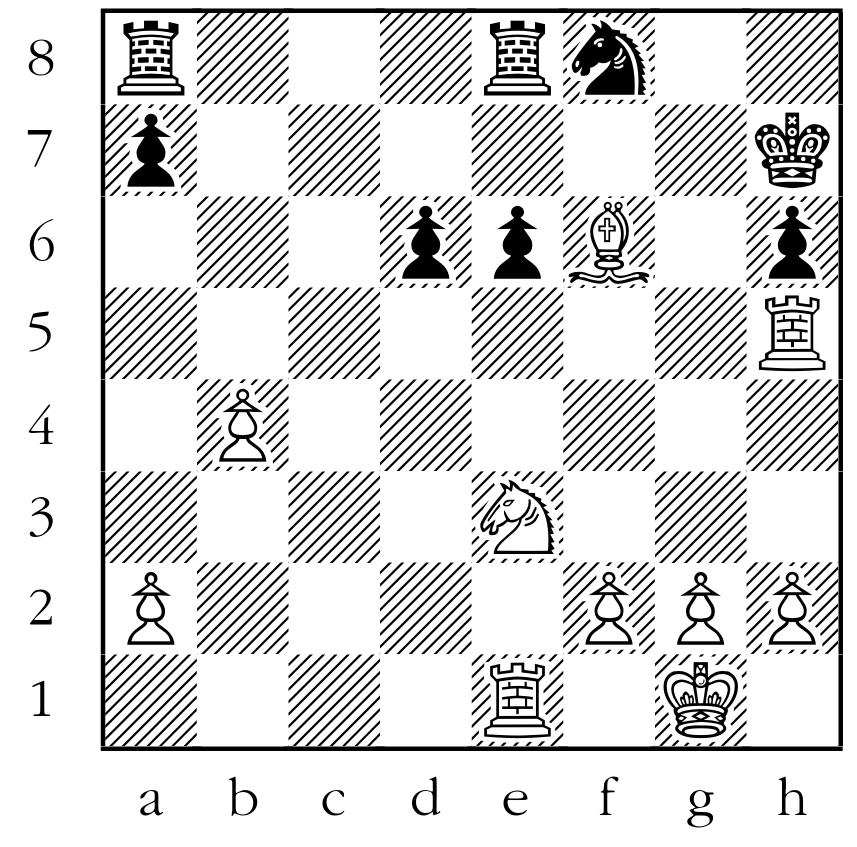



















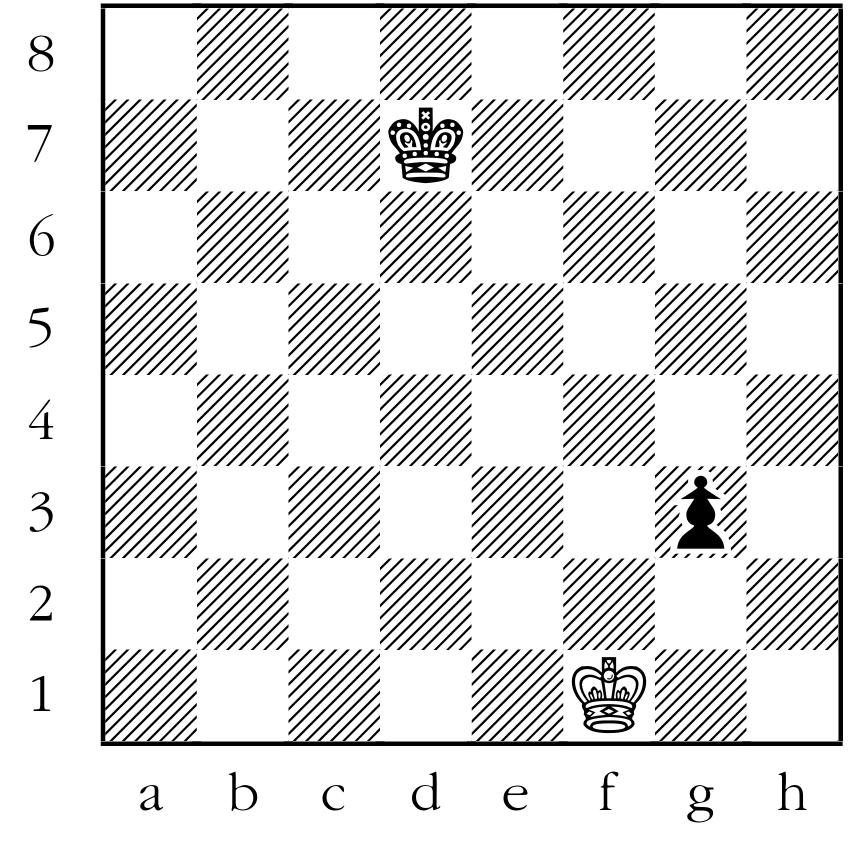



























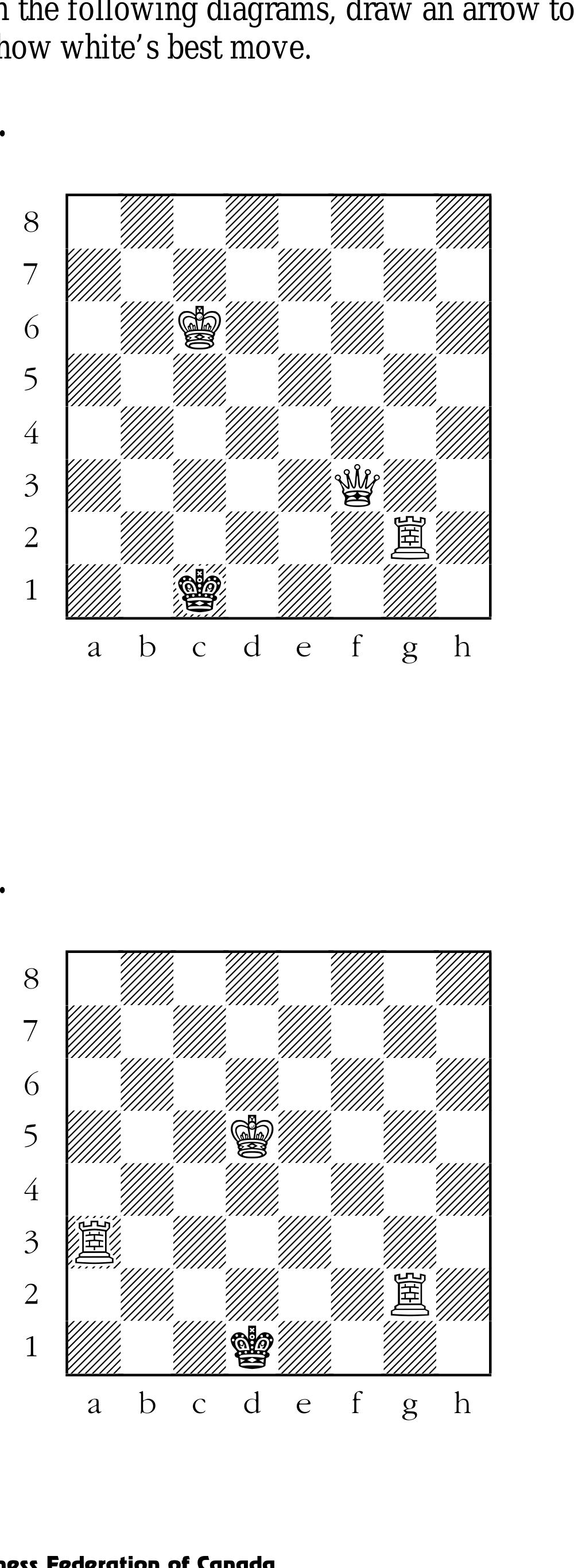




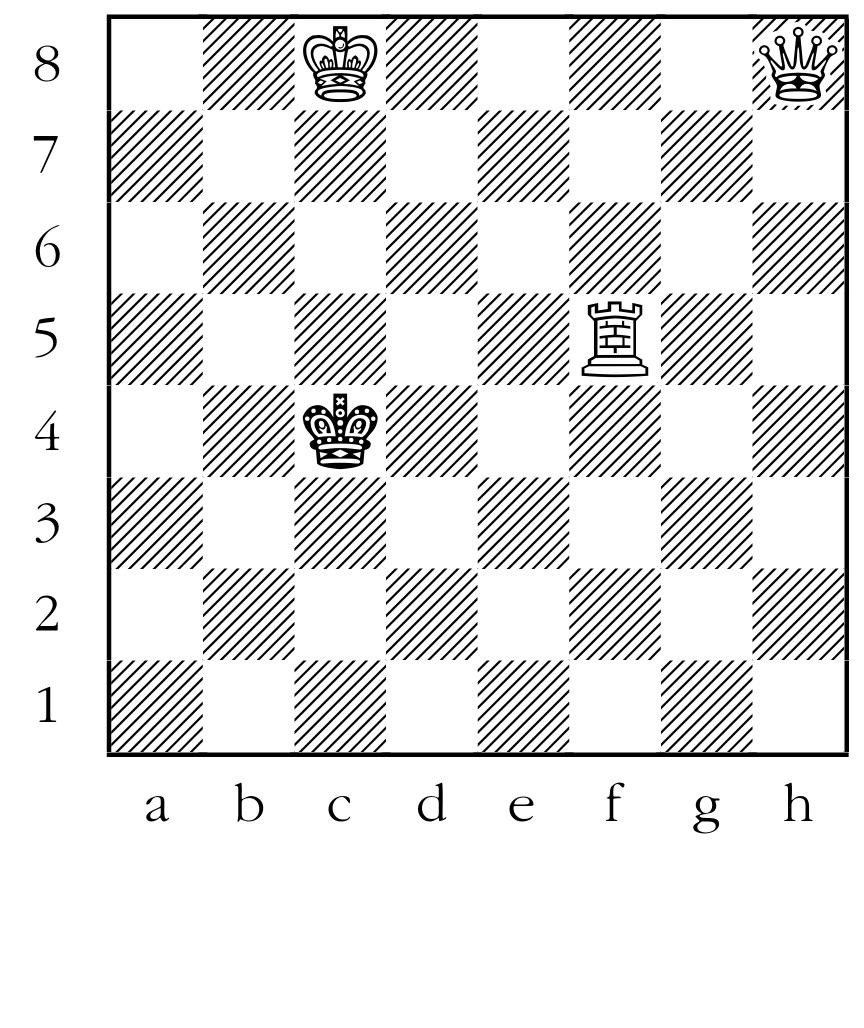

















































































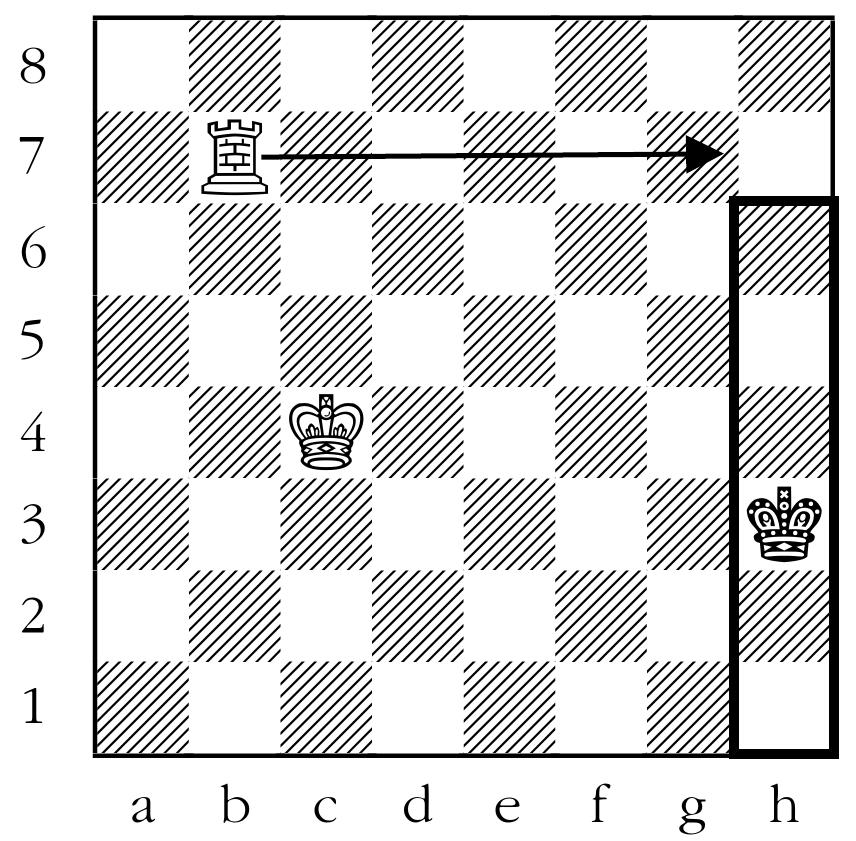












Related papers
1985
Aspects of chess relevant to certain educational issues are explored. Based on findings from a sample of about 50 children from 6 to 18 years of age, discussion focuses on (2) how children play chess and how the process of acquiring expertise differs among children and adults, (2) chess training techniques and why they are effective with children, and (3) some experimental results concerning childeen's memory for chess positions. In conclusion, implications for educators are specified. (RH)
This article provides a review, and measures in chess and education. Chess has long been considered a way for children to increase their mental prowess, concentration, memory, and analytical skills. The author presents the benefits of playing chess for children and its applications in education. Finally it concludes that chess players become good decession makers by practicing the chess. The chess-playing students had become accustomed to looking for more and different alternatives, which resulted in higher scores in fluency and originality.
2012
1. Chess in schools to improve intelligence Does playing chess improve the cognitive abilities of children? Can the game of chess help in "educating intelligence"? This document presents the results of six years (from 2005 to 2011) of trials in primary schools of different chess training strategies and a study of the relationship between chess training and improved skills and abilities of children. The trials, sponsored by the Piedmont Regional Committee of the Italian Chess Federation and funded by the Compagnia di San Paolo, were conducted under the scientific coordination of Roberto Trinchero and organisational coordination of Alessandro Dominici. Andrea De Magistris, Mariella Piscopo and Giuliano D'Eredità (University of Palermo) collaborated in the research. Roberto Rivello was in charge of the trial.
Bulletin of the "Transilvania" University of Braşov, 2020
In our research, we aimed to investigate if chess, taught at the level of initiation, determines the improvement of cognitive processes such as attention, memory and understanding of a text. For this, we applied a specific questionnaire to three groups of children enrolled in preparatory class of primary school. From these, one group did not participate in chess learning lessons, and the two other, performed introductory chess lessons 1h/week, respectively 2h/week, for 27 weeks. At the end, testing through the questionnaire showed significantly better results for the indicators targeted at those who practiced systematically chess game, especially since the volume of learning activity was higher.
Procedia - Social and Behavioral Sciences, 2014
The present study aim demonstrate of role chess training has on school performance, memory, sustained attention and creativity. A group of 20 novice primary school students took part in 10 blended learning chess lessons and in a final chess competition (the chess group, ChG). Eighteen control students participated in 10 fun math lessons. Most cognitive skills increased from pretest to posttest in both groups but the School Performance Test increased significantly more in the ChG. Resistance to monotony and not IQ at pretest predicted success in the chess contest.
Bulletin of the Transilvania University of Braşov. Series IX: Sciences of Human Kinetics
Considering that chess is a game of perspective, which develops logical thinking, imagination, anticipation capacity, and vision in space, the purpose of this paper is to teach students to move chess pieces correctly, to think of two or more consecutive moves, to develop a more detailed overview of the pieces in the game. Although chess is static, with no motorsport, we will try to change this game into a dynamic one, turning children into chess pieces. They will perform, on a surface drawn on the ground in the form of a chessboard, the movement corresponding to the piece they represent in the respective move by different variants of jumping from the initial position to the final position, respecting the rules of the game of chess. Thus, we turn the game of chess into a dynamic and funny game, played on teams.
Frontiers in Psychology, 2023
Introduction: The study examines the role of chess in the development of children from the perspectives of parents. The research focused on analyzing the parents' perceptions about chess's role in their children's development, on finding out how the perception of parents differs depending on whether they know how to play chess or not, and on outlining the profile of the parents whose children play chess.The study was conducted in Romania. Methods: In order to conduct the study, a quantitative research method was used, while having as a research instrument a non-standardized questionnaire. The questionnaire was applied to parents of chess-playing children who are members of chess clubs from Romania. The sample of the study comprises 774 respondents. Results: The results of our research showed that parents are of the opinion that chess helps children develop their cognitive abilities, their character and their competitive spirit. Most of the parents focused on highlighting the positive effects of chess on the development of their children. Parents also considered that chess helped their children develop positive emotions and helped them overcome negative emotions. The results revealed differences between the opinions of parents depending on whether they know how to play chess or not. Thus, parents who do know how to play chess were more likely to focus on the positive effects of the game on the development of their children, and those who know how to play chess were also more satisfied with their children's accumulated knowledge following chess lessons. Discussion: Findings extend our understanding of how parents perceive the way chess influences the development of their children, it offered us a perspective on the perceived benefits of chess, benefits which should be further analyzed in order to identify under what circumstances chess could be introduced in the school curriculum.
We summarize the 'Introduction of Chess in schools' and the promising directions for improving the quality of students in such schools, beginning with understanding that the role played by culture is crucial both in the prevailing education system and in promoting chess as educational activity. We focus on how Chess reflects the students' inherent quality of perceiving the stimuli in a unified framework of learning. We perform 'in vivo' measurements to capture the evolution of a student in such a unified framework using exploratory data Analysis (EDA).
In this report, we wish give the perspective of the impact of study on Chess in schools, from a view point of the actual challenges at hand in coming up with the clear focus and direction necessary for developing a solution for Chess in schools. Such solutions are not only requires being formal, intuitive and appealing for schools to consider them but it should also gratify a unique learning experience to children. The report discusses some of the impediments in deploying Chess in schools. We then review the stand of the national curriculum and present a direct comparison to objectives met by Chess programme. We substantiate through case based stories, through hybrid qualitative and quantitative approach to compare Chess in the context of Educational goals. We further drill down in the context of activities within the Chess in Mind Champion Academy’s Chess Program education on the impact of deploying the MCA programmes in schools. We detail our research findings in sections from two through to five. The final section of the report provides a discussion central to the analysis of the key findings. We have provided three Appendices. Appendix 1 provides quantitative results by providing the multivariate statistics that we had computed based on questionnaire responses, taken pre and post Introduction of Chess programme to the students. Appendix 2 explains detailed analysis based on Q-Matrix method in exploring qualitative assessment of the response for the questionnaire. Appendix 3 presents the data mining techniques based on a hybrid qualitative and quantitative approach taken to integrate ideas explained as feedback as a pulse gathered from students and teachers on retrospections of Influence of Chess. Appendix 4 includes specific case stories illustrated by Photographic images of children who were introduced. The fifteen case stories illustrated by photographic images of children, who were introduced to chess through the MCA programmes during the period of the study.

Loading Preview
Sorry, preview is currently unavailable. You can download the paper by clicking the button above.
Related papers
International Journal of Human Movement and Sports Sciences, 2025
Sociology Study, 2017
International Journal of Information and Education Technology, 2017
Makers at School, Educational Robotics and Innovative Learning Environments, 2021
Brock Education Journal
International Journal of Social Sciences & Educational Studies, 2021
Main Issues Of Pedagogy And Psychology
EURASIA Journal of Mathematics, Science and Technology Education

